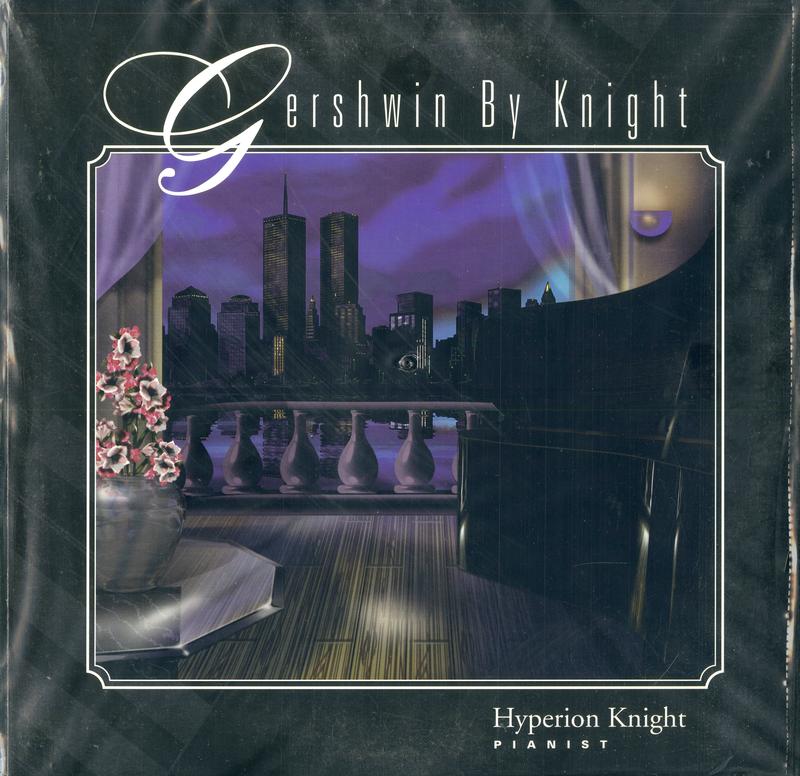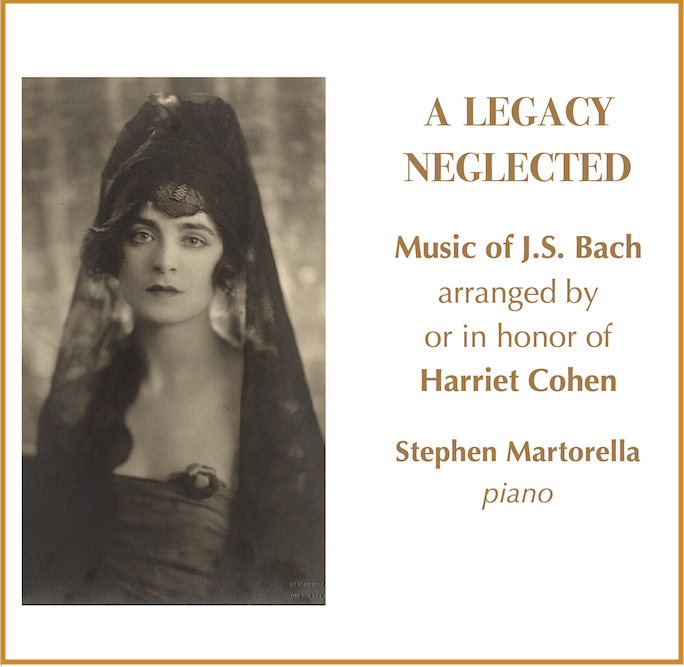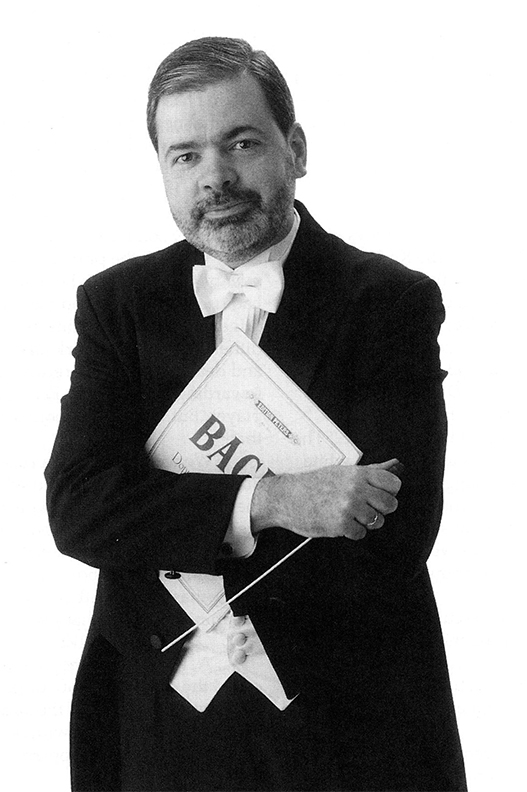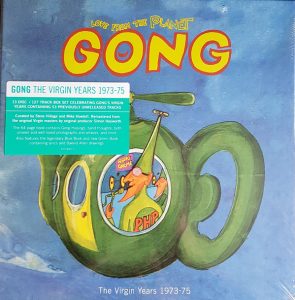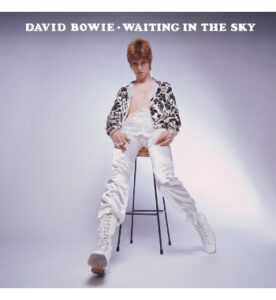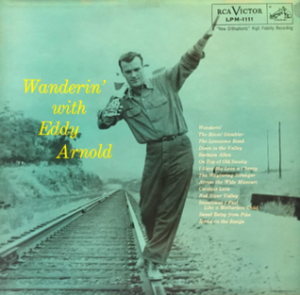Late '60s let's-make-lots-of-money British mainstream studio action flick here (The Italian Job), generally well regarded for the acting and the action. John Marks of The Tannhauser Gate (http://www.thetannhausergate.com) discards the husk of the film and enjoys the fruit of the opening credits theme song by Matt Monro. As always, his choices and commentary are a tasty treat to read!
Pure Brit '60s pop culture here...lots of fun for those of us who remember those times. The 21st century American remake is a different kettle of seafood entirely....
Dr. David W. Robinson, Ye Olde Editor
Matt Monro's opening-credit song from the 1969 Michael Caine caper movie The Italian Job is a fine job of singing from a pop-music baritone who is almost unknown in the US, but whose recordings can withstand comparison with any of the Broadway-musical baritones of the older generation.
Monro (birth name Terence Edward Parsons) to my knowledge never sang on Broadway, but he regularly made hay during the 1960s in movie soundtracks—not only The Italian Job but also the James Bond series' From Russia With Love (1963), and the title song from Born Free (1966).
The opening-credit song from The Italian Job ("On Days Like These") is surprisingly sophisticated from a musical standpoint, given that the movie is about car chases, car crashes, and various forms of sexual innuendo and other low humor. Quincy Jones composed the music; Don Black (at that time or later, Munro's manager) wrote the words. George Martin produced Monro's recording.
The music is I think something that Gabriel Fauré might have thought twice about, before tossing out the manuscript paper it was written on—especially Jones' stepwise chromaticism on the phrase "while your eyes played games with mine." (Chromaticism, by the way, is simply a convenient technical term for employing notes not usually found in a piece or section's home-key scale, in order to add more tonal color and interest.)
Long before there was a loosely-based sequel, The Italian Job remained famous for its profligate waste of stunt cars—cars that later on would be recognized as irreplaceable. However, viewing The Italian Job from a 21st-century perspective, there are so many jarring or cringe-inducing moments that one is tempted to say (just as is the case with the film Breakfast at Tiffany's) that the soundtrack was the best thing.






